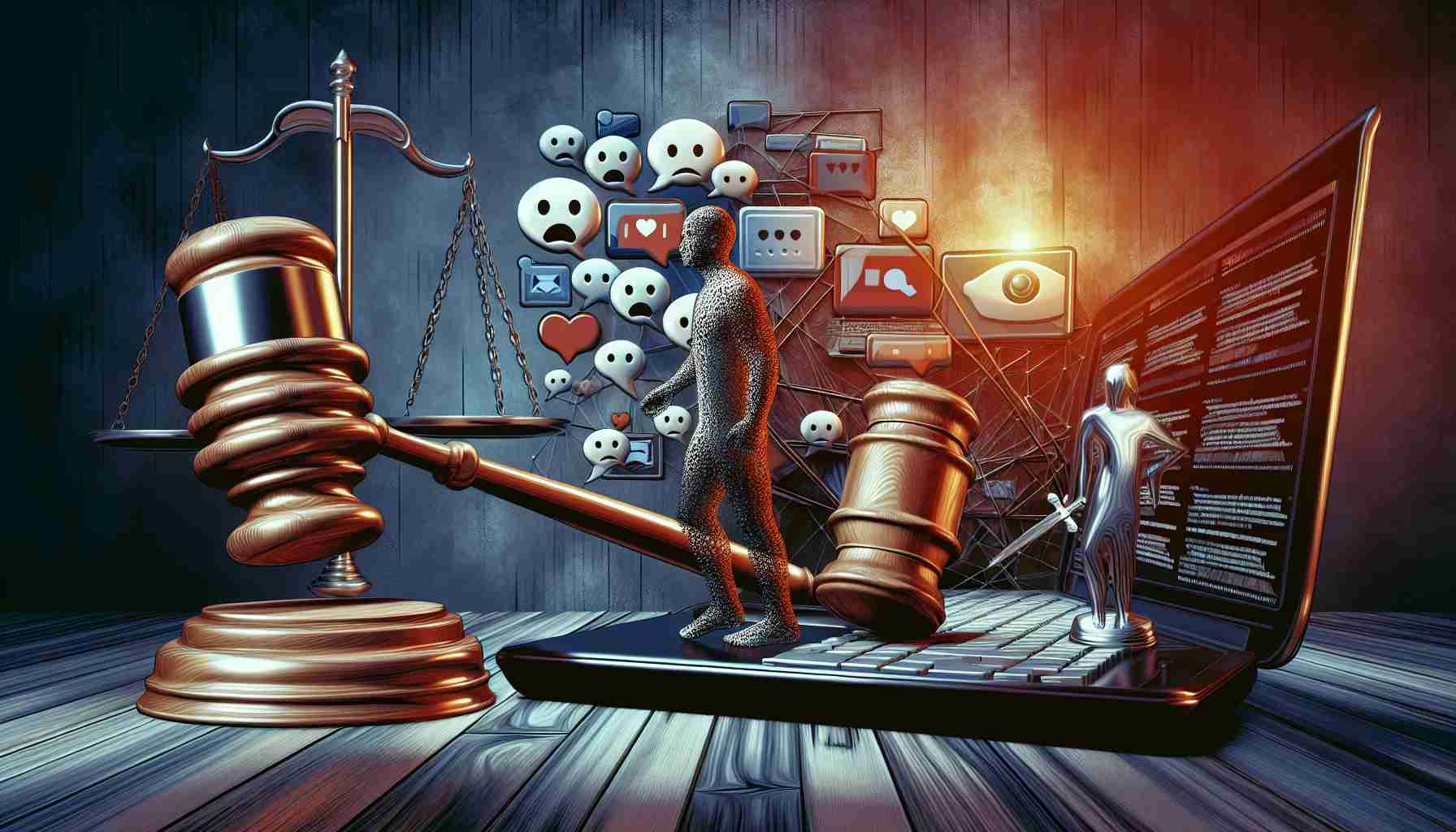The European Commission’s proposal for a directive aimed at combatting domestic violence and violence against women has gained support from the European Council and Parliament. While the proposal covers various forms of violence, one significant aspect is the criminalization of cyber-violence. This includes non-consensual sharing of intimate images, deepfakes created with AI, cyber-stalking, online harassment, misogynous hate speech, and unsolicited sending of explicit images.
By criminalizing these acts, the directive aims to deter revenge porn and provide legal protection to victims. The European Commission emphasizes the urgency of addressing this issue due to the exponential growth and severe impact of online violence. The directive also encourages member states to implement measures that enable users to easily identify cyber-violence, seek help, and prevent such incidents.
While Politico speculates that the recent spread of pornographic deepfake images featuring Taylor Swift prompted EU officials to take swift action, the proposal seeks to protect all individuals affected by cyber-violence. The European Commission’s Vice President, Věra Jourová, highlighted the potential harm caused not only to celebrities but to every woman who may need to defend their innocence against fabricated images.
It is important to note that these proposed rules are part of a bill that still requires approval from representatives of European Union member states. The EU Council has stated that the final law is pending adoption in both the Council and European Parliament. If passed, member states will have until 2027 to enforce the new rules.
The criminalization of cyber-violence marks a significant step in tackling online abuse and protecting victims, providing a legal framework to punish offenders. With the proposed directive in place, European Union member states will be able to better support victims and prevent the perpetuation of cyber-violence in all its forms. By recognizing the urgent need to address this issue, the EU is taking a proactive approach to safeguarding the well-being and dignity of individuals within its jurisdiction.
Frequently Asked Questions (FAQ) on the EU Directive on Combatting Cyber-Violence
Q: What is the purpose of the European Commission’s proposal for a directive on combatting domestic violence and violence against women?
A: The proposal aims to address various forms of violence and provide legal protection to victims. One significant aspect of the proposal is the criminalization of cyber-violence, such as revenge porn, cyber-stalking, online harassment, and the sharing of intimate images without consent.
Q: What is the urgency behind addressing cyber-violence in the EU?
A: The European Commission emphasizes the urgent need to address cyber-violence due to its exponential growth and severe impact on victims. The directive seeks to deter such acts and enable users to easily identify cyber-violence, seek help, and prevent incidents.
Q: What specifically does the criminalization of cyber-violence entail?
A: The criminalization of cyber-violence means that offenders engaging in acts such as non-consensual sharing of intimate images, creating deepfakes with AI, cyber-stalking, online harassment, misogynous hate speech, and unsolicited sending of explicit images can face legal consequences.
Q: Why is the spread of pornographic deepfake images featuring Taylor Swift mentioned?
A: While the spread of these images may have prompted action, the proposal seeks to protect all individuals affected by cyber-violence. It aims to highlight the potential harm caused to celebrities and every woman who may need to defend their innocence against fabricated images.
Q: Are the proposed rules already in effect?
A: No, these proposed rules are part of a bill that still requires approval from representatives of European Union member states. The final law is pending adoption in both the Council and European Parliament. If approved, member states will have until 2027 to enforce the new rules.
Q: What is the significance of the criminalization of cyber-violence?
A: The criminalization of cyber-violence marks a significant step in tackling online abuse and protecting victims. It provides a legal framework to punish offenders and allows European Union member states to better support victims and prevent the perpetuation of cyber-violence in all its forms.
Related links:
EU Commission on Cyber Violence
European Parliament on Cyber Violence

